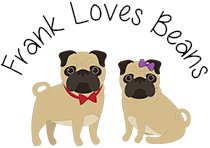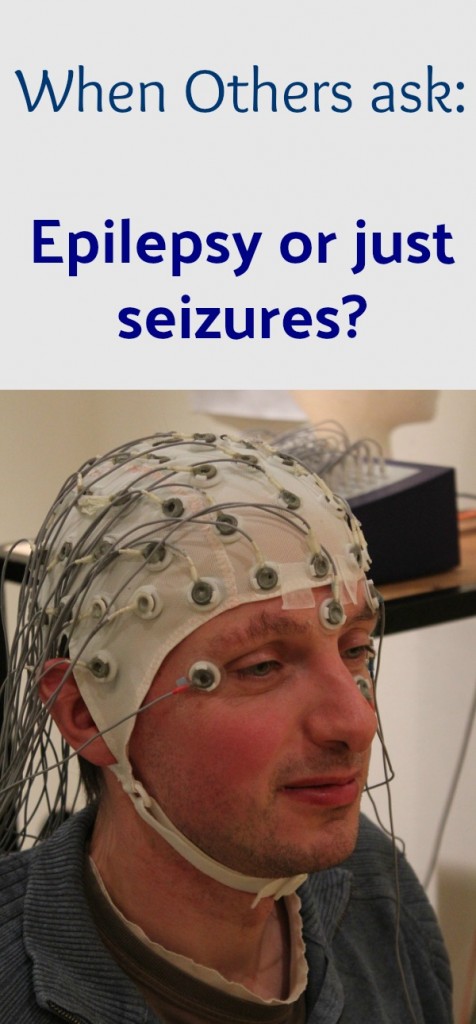
Just seizures or epilepsy?
When I talk about how I’ve had seizures, or how I take seizure medication, I freely say that I have epilepsy. I have family members who have also had multiple seizures with an unknown cause, who avoid the word epilepsy. Some of them almost wince when they hear me say it. I think many feel that epilepsy sounds “worse” or more sad, difficult, etc than simply “having a couple seizures”. In reality, both are true for me. I had a couple of seizures and I had an abnormal EEG afterwards so I need to stay on medication to prevent further seizures. I’ve had a couple of seizures, and I have epilepsy. Those statements are both true and equal for me.
Anyway, from others who are more open to discussion about seizures and epilepsy, I’ve been asked “So…you have epilepsy? I thought you just had seizures?” or questions like “So epilepsy is the cause of your seizures, then?” It makes it clear that the general public just doesn’t understand what epilepsy is.
According to Epilepsy.com 1 in 26 people will have a seizure in their lifetime. About 2% of people have epilepsy at some point in their lives. It’s relatively common, yet most people don’t seem to know the difference between seizures and epilepsy.
Generally speaking, people are diagnosed with epilepsy if they have two seizures with an unknown cause. There are very few seizure causes that do NOT count towards those 2 strikes towards an epilepsy diagnosis. The most common one that I hear about is a very high fever in young children. Febrile seizures occur in young children if they get a fever very suddenly. If a child has two febrile seizures in their lifetime, they likely will not be diagnosed with epilepsy. However in most other cases, two seizures = epilepsy.
However, many people have two seizures with an unknown cause and are put on anti-epileptic drugs but their doctor never says the word ‘epilepsy’ while talking with them so they don’t realize that is their diagnosis. Mine did. So I do have it confirmed. However, people like my father also have epilepsy even though the doctor didn’t specifically say that to him. He has had roughly 2 dozen seizures in his lifetime (all in about a 10 year span) but his doctor never said epilepsy. Epilepsy.com shares a revised definition of epilepsy if you want to double check that.
Epilepsy is a syndrome, meaning a label given to people with a set group of symptoms. In this case, the symptom is seizures. Epilepsy does not cause seizures. It’s simply a diagnosis given to people who have recurring seizures.
I’ve had people say things like “My brother had seizures his whole childhood, but they never figured out the cause. It wasn’t epilepsy.” This is just a misunderstanding of what epilepsy is, most likely. Almost everyone who has several seizures in their lifetime does have epilepsy.
There is an exception, though which is non-epileptic seizures. I admittedly don’t fully understand this, so please google it for more info. However, the gist of it is, some people have what appear to be seizures. They physically convulse and have problems with cognition. However, their is no “electrical storm” happening in their brain during these attacks or fits. They are sometimes called psychogenic seizures or pseudoseizures because the brain is not undergoing the same physical electrical storm that happens when seizures usually happen. Many argue that non-epileptic seizures shouldn’t even be called seizures because they are psychological in cause making them significantly different from a regular seizure. Non-epileptic seizures are not treated with anti-seizure medication but instead are treated through psychological means.
If you have epilepsy, how do you address questions about whether you “just have seizures” or if you have epilepsy?


Thank you for writing this article. It really hit home. My son (18) was recently diagnosed with epilepsy. We don’t really have any answers yet, so we are still doing our research. Thank you for opening up and sharing your story with the world. It was a great read.
Thanks, I have a three year old who just started having seizure in April so this was very helpful.